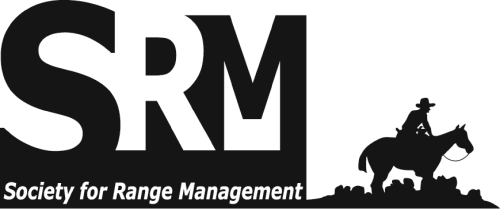This research project discusses and illustrates the dynamics of managing cowherds in common-pool forage resource systems characterized by poor forage quality and productivity. Common pool resource systems are defined as those systems where it is difficult or impossible from excluded potential beneficiaries from obtaining benefits from use or harvest of the common resource. Also referred to as common property systems, over-use and degradation of the resource is not uncommon (i.e., �tragedy of the commons�). In many common-pool resource systems, top-down policy changes are not effective remedies to curve overconsumption, and bottom-up policies often take too long, since users are incentivized to deplete the resource before changing behaviour. In this project, we develop a common-pool forage system model and apply it to small-holder herding in semi-arid Nigerian uplands. Semi-arid Nigerian uplands are faced with open-access grazing (i.e., limited property rights), which has led to overgrazing forage resources and degrading rangeland soil and water resources. The model illustrated how the activities of individual herdsmen runs contrary to the best interests of the society at large by depleting and degrading the available forage in the environment at a faster rate than it could naturally replenish. Furthermore, additional model applications suggest that understanding the relationship between the forage resource system and its interactions with Nigeria�s socio-economic components are needed. Following previous research, we propose that socio-psychological factors (e.g., cooperativeness) can explain the success of common-pool resource sustainability without top-level regulations. Additional testing of the model is facilitated with Nigerian data to evaluate the effectiveness of alternative herder (individual) and herding (collective) policies aimed at balancing resource sustainability with short-term economic needs.

Oral presentation and poster titles, abstracts, and authors from the Society for Range Management (SRM) Annual Meetings and Tradeshows, from 2013 forward.